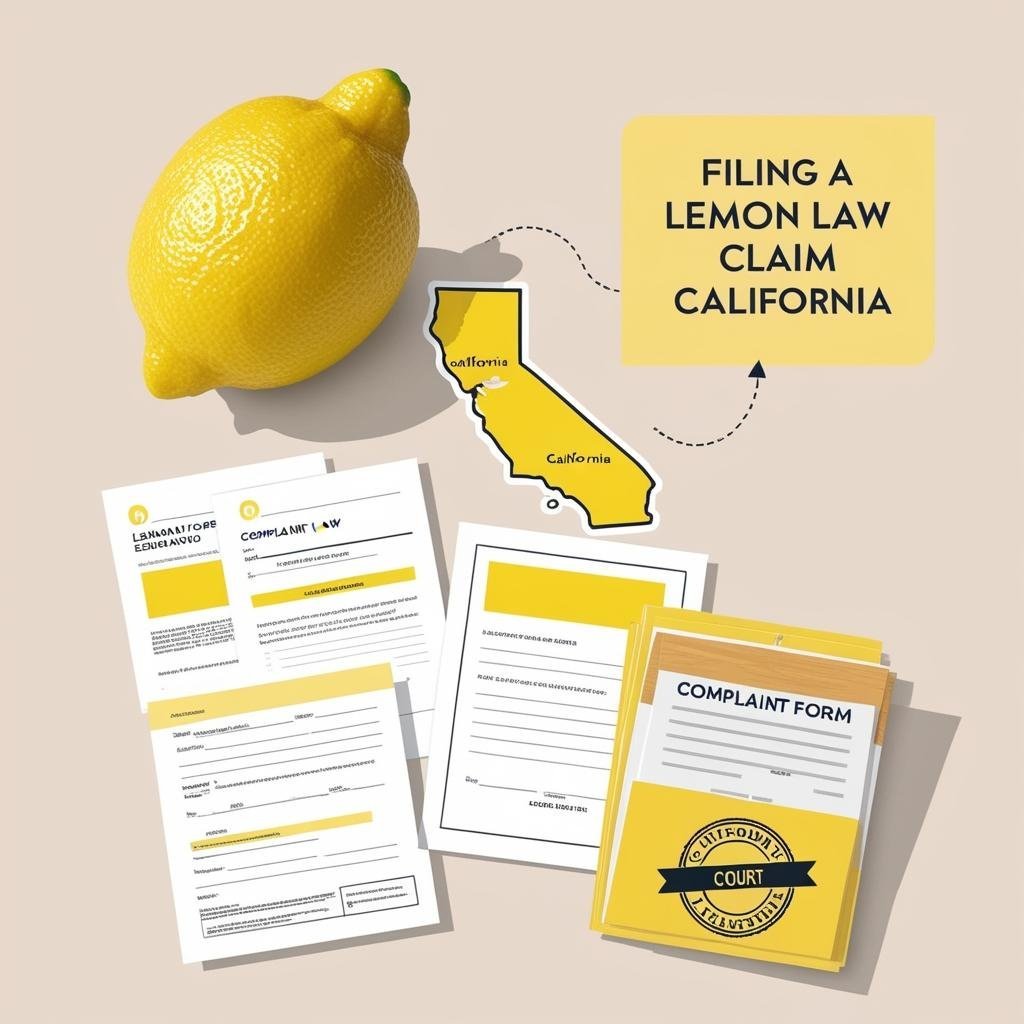
Understanding California Truck Lemon Law and Your Rights
If you’ve recently purchased a new or used truck in California and it’s spending more time in the repair shop than on the road, you may be eligible for protection under the California Truck Lemon Law. This specific legislation offers relief to consumers burdened with defective vehicles, including both personal and commercial trucks. The law ensures that manufacturers uphold their warranties and that buyers are not stuck with unreliable, unsafe, or inoperable vehicles. Let’s explore how the California Truck Lemon Law works, what qualifies as a “lemon,” and how a truck lemon law attorney can help guide you through the process. What Is the California Truck Lemon Law? The California Truck Lemon Law is a part of the Song-Beverly Consumer Warranty Act, which provides legal remedies when a vehicle fails to meet quality and performance standards after multiple repair attempts. While many consumers associate lemon laws with cars, this law also applies to trucks, vans, SUVs, and motorhomes—as long as they meet certain conditions. To qualify, your truck must: Have a substantial defect covered by warranty. Have undergone a reasonable number of repair attempts (typically at least two to four). Be within the warranty period or 18 months/18,000 miles of delivery—whichever comes first. If these criteria are met, the manufacturer is obligated to replace or repurchase your vehicle. If you’re not sure whether your truck qualifies, a truck lemon law attorney can review your documents and determine if your case meets the necessary thresholds. Which Trucks Are Covered? Under the California Truck Lemon Law, many trucks are eligible, including both personal and business-use vehicles. However, commercial trucks must weigh under 10,000 pounds and be owned by a business with no more than five vehicles registered under its name. This includes popular models such as: Ford F-Series Chevy Silverado Ram Trucks Toyota Tundra Nissan Titan These trucks are often used for both personal and professional purposes, making any defect not just an inconvenience but a potential financial burden. Don’t let faulty equipment interfere with your business operations. Contacting a truck lemon law attorney early in the process can streamline your path to compensation. Common Truck Defects That May Qualify Not all vehicle issues qualify as a “lemon.” Under the California Truck Lemon Law, only “substantial” defects that affect the use, value, or safety of the vehicle are covered. Here are some common defects that may be eligible: Transmission failure Brake issues Electrical system problems Engine stalling Steering malfunctions Suspension defects Persistent problems that hinder a vehicle’s function are serious, especially for truck owners who rely on these vehicles for work or daily transportation. Understanding your rights under California consumer protection laws is vital. These laws aim to shield buyers from defective products, whether it’s a household appliance or a full-size pickup truck. The Lemon Law Process: What to Expect Once you suspect your truck might be a lemon, your first step should be to document everything. Keep track of: Repair orders and invoices Dates and mileage of each repair visit The nature of the defect and any technician notes After gathering your documentation, you or your truck lemon law attorney will send a demand letter to the manufacturer requesting either a replacement vehicle or a buyback. The manufacturer typically has 30 days to respond. If a buyback is approved under the California Truck Lemon Law, you may receive: The full purchase price (minus mileage offset) Sales tax, license fees, and registration Incidental costs like towing and rental car expenses Alternatively, you may receive a replacement truck of equal value. Why Hire a Truck Lemon Law Attorney? Navigating lemon law claims can be complicated, especially when dealing with large auto manufacturers and their legal teams. An experienced truck lemon law attorney knows the ins and outs of the California Truck Lemon Law and can greatly increase your chances of a successful outcome. Most lemon law attorneys in California work on a contingency basis, meaning you won’t have to pay out of pocket. If your claim is successful, the manufacturer covers the attorney’s fees. This setup allows consumers to assert their rights under California consumer protection laws without incurring extra legal costs—making justice accessible to everyone. What Makes Truck Lemon Law Cases Unique? Truck lemon law claims can sometimes be more complex than standard vehicle claims. Trucks are often used for heavy-duty tasks, which can blur the line between wear-and-tear and actual defects. Additionally, commercial trucks may be subject to different interpretations under the California Truck Lemon Law, depending on their usage and registration details. This is why it’s essential to consult with a truck lemon law attorney early in your case. Legal professionals can ensure your claim is filed properly and that your specific truck model qualifies under the law. How Long Do You Have to File a Claim? Under the California Truck Lemon Law, you must bring your claim while the manufacturer’s warranty is still active. In most cases, the law also adheres to a four-year statute of limitations from the date you first noticed the defect. The sooner you act, the stronger your claim. Again, working with a qualified truck lemon law attorney can help ensure you don’t miss important filing deadlines. Swift action also helps preserve crucial evidence, such as repair records and manufacturer communications. What If the Manufacturer Refuses? If the manufacturer fails to honor your claim under the California Truck Lemon Law, you still have options. Your attorney can help file a lawsuit in civil court to seek fair compensation. Many manufacturers prefer to settle out of court, especially when faced with strong documentation and legal representation. These legal protections are backed by broader California consumer protection laws, which were designed to prevent companies from misleading or taking advantage of buyers. Final Thoughts: Protect Your Investment Whether your truck is for personal travel or heavy-duty work, you deserve a vehicle that performs as promised. The California Truck Lemon Law ensures that buyers aren’t left with defective vehicles
Understanding California Truck Lemon Law and Your Rights Read More »









